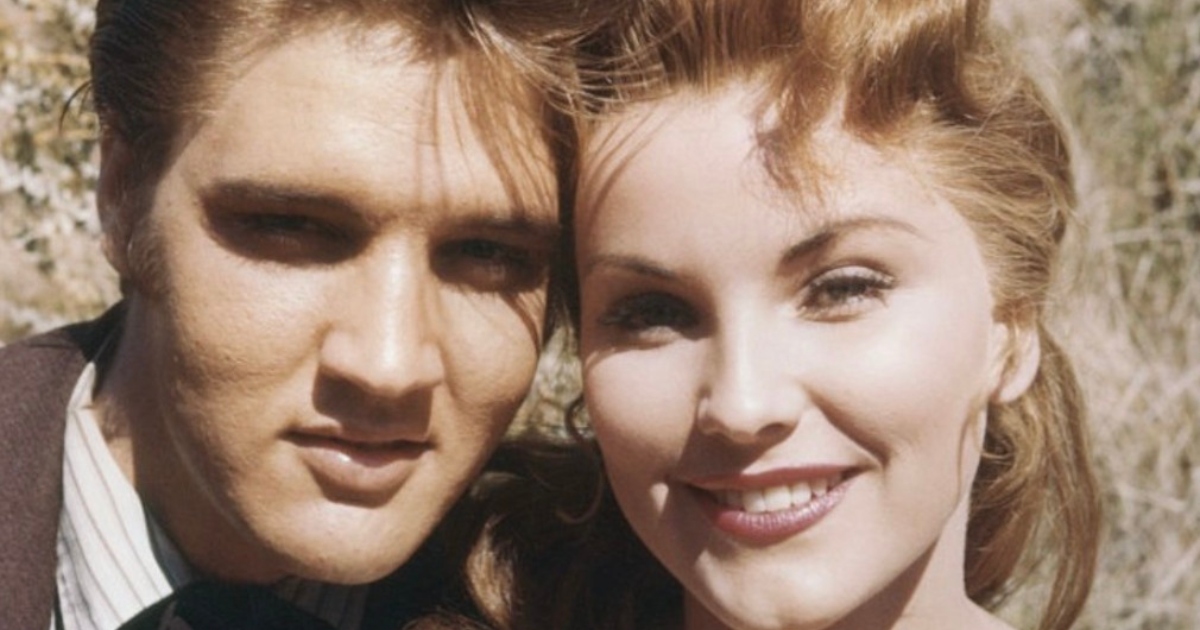Elvis Presley’s film debut in Love Me Tender marked a pivotal moment, proving that he was more than just a music icon. Released in 1956, the film combined romance and Western drama set during the Civil War. Originally titled The Reno Brothers, the movie was renamed to capitalize on the success of its title song, which Elvis had performed on The Ed Sullivan Show weeks before the premiere. With his youthful charm, Southern drawl, and light brown hair, Elvis brought a natural innocence to the screen that quickly won over audiences.
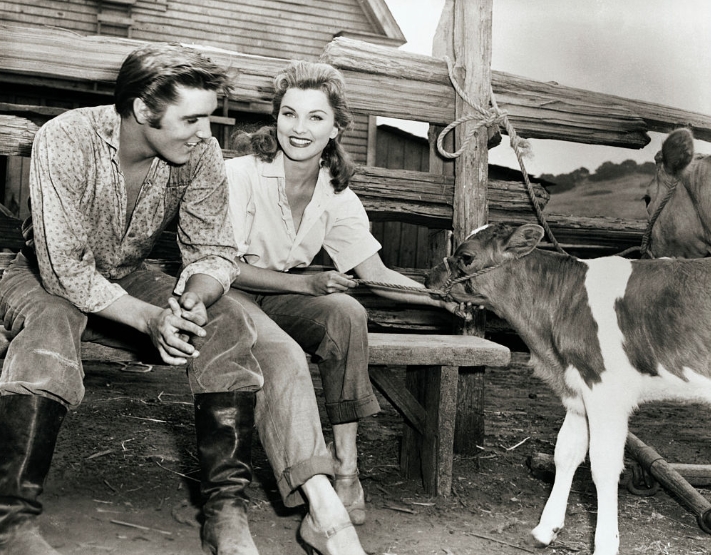
Behind the scenes, Elvis demonstrated an unexpected dedication to acting. Cast in a minor role as the youngest Reno brother—a part initially declined by other actors—he approached the work seriously, memorizing not only his lines but those of his co-stars. Producer David Weisbart praised Elvis as “humble, polite, and very serious about acting.” So impressive was his performance that additional scenes and dialogue were added specifically for his character, highlighting his ability to shine even without top billing.
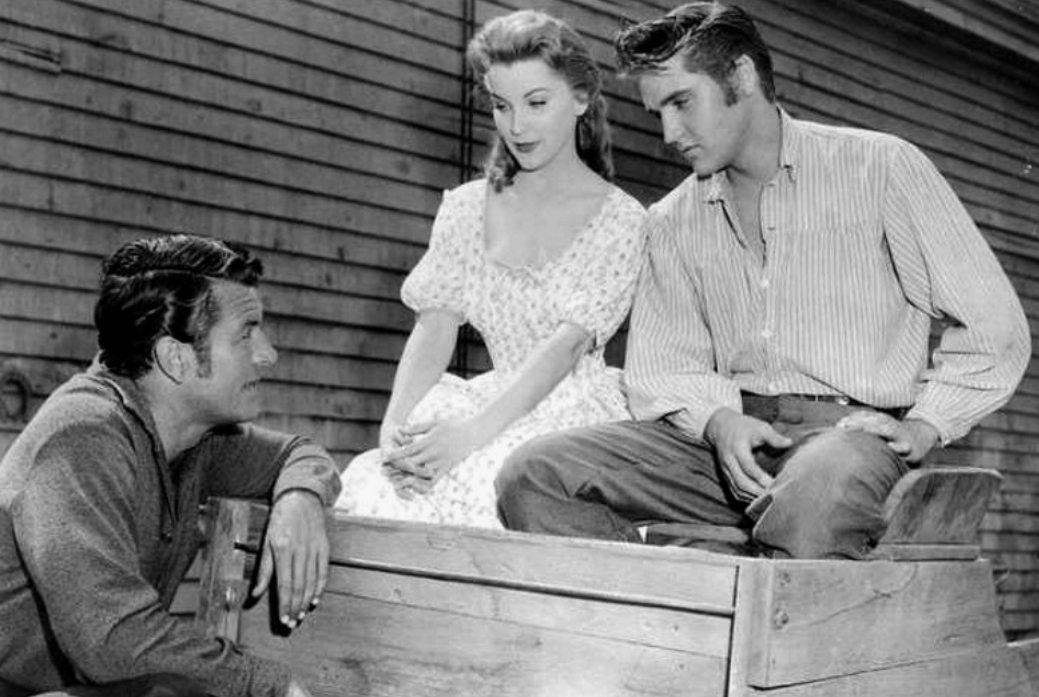
The film’s title song, “Love Me Tender,” added an interesting layer of intrigue. Though Elvis is credited as a co-writer, he admitted his contribution was minimal. The melody was adapted from the 1860s ballad “Aura Lee,” with lyrics credited to Vera Matson and Ken Darby. This crediting strategy, orchestrated by his manager Colonel Tom Parker, ensured Elvis earned royalties while promoting both the film and his music. The song also created a humorous anachronism in the film, with Elvis serenading audiences in a Civil War-era setting amid screaming fans.
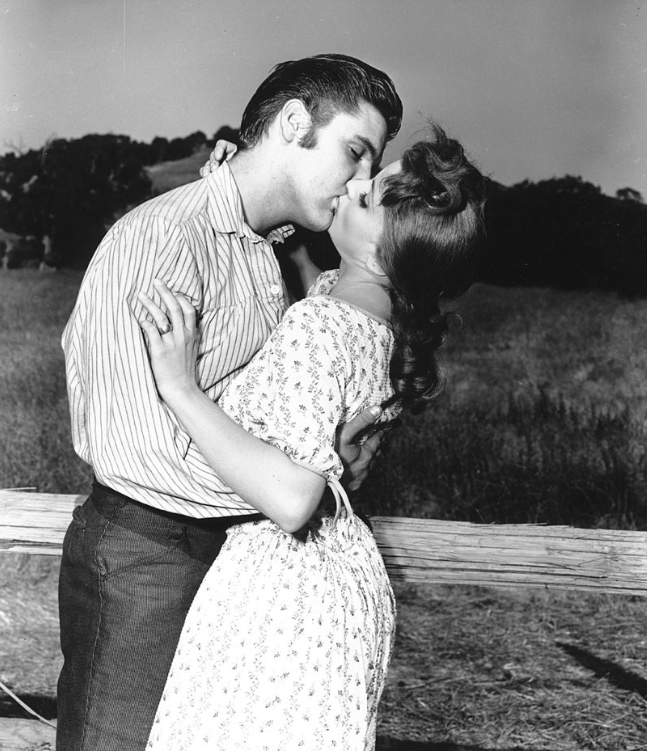
Elvis’s co-star, Debra Paget, made a significant impression on the young actor. Initially skeptical of meeting the “King of Rock and Roll,” she soon found him sincere and pleasant. Sources report that Elvis was smitten, even proposing to her, though she declined at her parents’ urging. Paget’s influence reportedly extended years later when Elvis’s future wife, Priscilla Presley, emulated Paget’s hairstyle to capture his attention, demonstrating the lasting impact of this early connection.
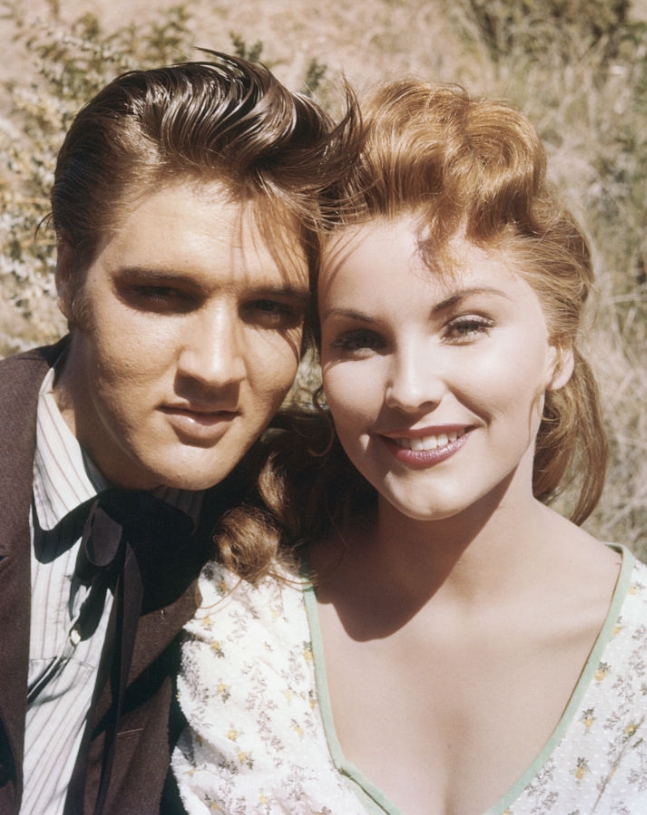
The film’s original ending, where Elvis’s character dies, prompted producers to make last-minute changes after his mother and fans expressed distress. A silhouette of Elvis singing over the end credits was added to provide a more uplifting conclusion, creating a visible continuity error as his hair had been dyed black by the time of the reshoot. Additional bloopers, such as an anachronistic soldier with a zipper and a modern car in the background, add charm rather than detract from the film. Today, Love Me Tender remains a beloved part of Elvis’s cinematic legacy, highlighting both his musical and acting talents.
